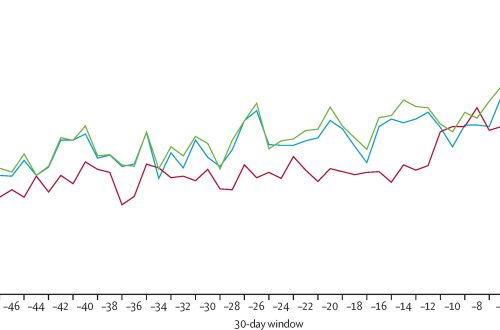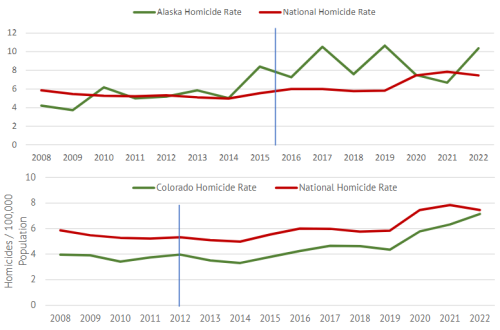An independent reviewer has dismissed concerns over a study that shows a 35-per-cent decrease in overdose deaths after the opening of Insite, North America’s only supervised injection facility.
Published in the prestigious British medical journal The Lancet on April 18, 2011, the study, titled Reduction in overdose mortality after the opening of North America’s first medically supervised safer injecting facility: a retrospective population-based study, was the first to assess the impact of supervised injection sites on overdose mortality.
The study was led by Thomas Kerr, an associate professor at UBC and co-director of the Urban Health Research Initiative at the British Columbia Centre for Excellence in HIV/AIDS (BC-CfE) and Julio Montaner, director of the BC-CfE and Chair of AIDS Research at UBC.
In a September 2011 letter to John Hepburn, UBC’s Vice President Research & International, a group called Drug Free Australia raised concerns over the interpretation of data in the study. Pursuant to UBC Policy 85 (Scholarly Integrity), Hepburn subsequently appointed Mark Wainberg, professor of medicine and director of the McGill University AIDS Centre, to review the matter.
Wainberg is a past-president of the International AIDS Society, editor-in-chief of the Journal of the International AIDS Society and editor of various other academic journals. He was a recipient of the Canadian Medical Association’s 2009 Medal of Honour and was named a Public Health Hero by the Pan American Health Organization for his work in antiviral treatment of HIV/AIDS.
After reviewing the submission by Drug Free Australia, the Lancet article and the authors’ response, Wainberg concluded:
“In my view, the allegations that have been made by ‘Drug Free Australia’ are without merit and are not based on scientific fact. In contrast, it is my view that the work that has been carried out by the team of Thomas Kerr et al is scientifically well-founded and has contributed to reducing the extent of mortality and morbidity in association with the existence of the safer injection facility. . . . The University of British of British Columbia should be proud of the contributions of its faculty members to the important goal of diminishing deaths due to intravenous drug abuse.”



